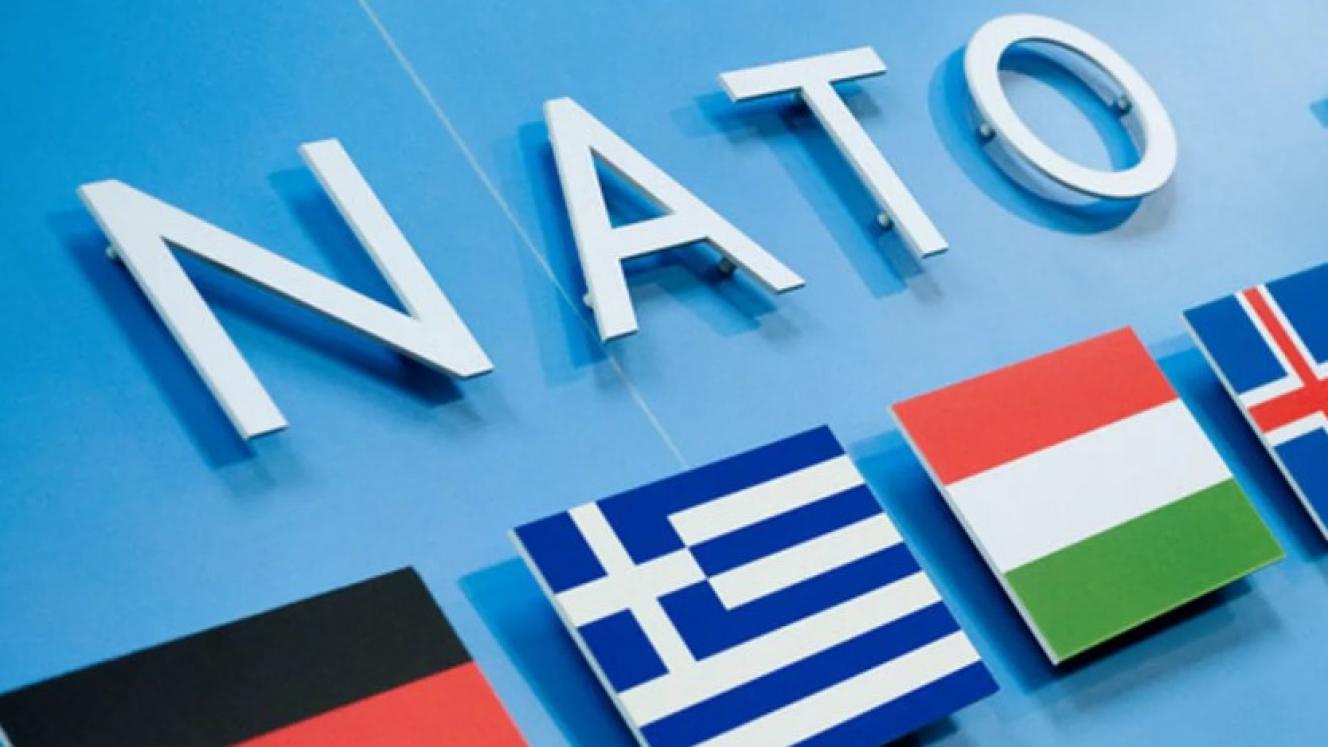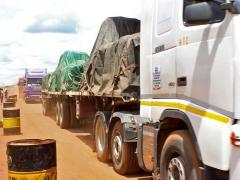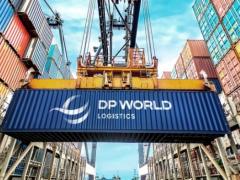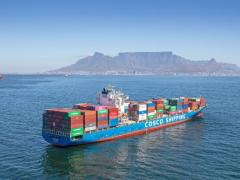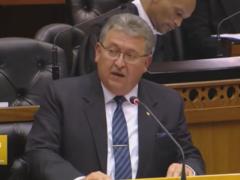Transnet reported a significant turnaround in its annual results for the year ended March 31, 2025, with revenue climbing 7.8% to R82.7 billion and a narrowed net loss of R1.9bn.
The results mark a 74% improvement from the previous year's R7.3bn deficit and highlight Transnet’s push toward improving operational efficiency.
The company attributed the progress to its Recovery Plan, which bolstered rail operations and set the stage for long-term profitability amid efforts to modernise the nation's freight infrastructure.
Revenue growth was fuelled by weighted average tariff increases and higher volumes in automotive and rail segments, although declines in pipeline and container volumes tempered the gains.
Net operating expenses fell 4.9% to R52.1bn, driving Ebitda up 39.4% to R30.6bn, with the Ebitda margin expanding to 37.0%. Capital investment surged 44.2% to R24bn, underscoring investments in freight logistics upgrades.
Cash generated from operations after working capital changes dipped slightly by 0.6% to R28.6bn, while gearing stood at 49.6% and cash interest cover (including working capital changes) reached 1.8 times.
"The company experienced significant improvement in the operating environment, particularly in the rail business, owing to the implementation of the Recovery Plan," Transnet said in a statement.
Looking ahead, Transnet is shifting focus under its Reinvent for Growth Strategy, emphasising customer-centric transformation and private sector partnerships to enhance rail, port, and pipeline services.
"As Transnet executes the Reinvent for Growth Strategy, the focus shifts from operational recovery to transformation and long-term, sustainable growth. This is a shift in strategy and mindset, one that places our customers, partners and the country’s economy at the heart of everything we do,” the company said.
Key priorities include boosting rolling stock availability, improving rail infrastructure, and replenishing port equipment with critical spares to sustain performance.
"The company is deeply committed to improving the turnaround times, reducing congestion, and enhancing the predictability of our services across rail, ports and pipelines," Transnet added. "Investments in new equipment, digital systems and operational excellence are already yielding results.”
Transnet highlighted progress on reforms aligned with the Freight Logistics Roadmap, including the establishment of the Transnet Rail Infrastructure Manager (Trim) as an interim division to separate infrastructure from operations, paving the way for private train operating companies. The publication of the Final Network Statement and launch of a slot application process for third-party operators have drawn strong market interest, with evaluations ongoing.
In ports, enhancements included new tugboats for Durban and East London, plus the appointment of a private consortium to develop a container terminal at Richards Bay, adding 200 000 TEUs of annual capacity.
"Private Sector Participations (PSPs) will remain a cornerstone of our strategy. These partnerships will ensure that Transnet becomes more agile, competitive and customer-centric,” the company said.
Transnet expressed optimism for the 2025/26 financial year, targeting measurable gains in rail volumes, port throughput, and financial sustainability.
"By stabilising freight corridors, modernising ports, and opening the door to private investment, we are positioning South Africa to compete globally, unlock trade, and seize the opportunity of hosting the G20," Transnet said.

